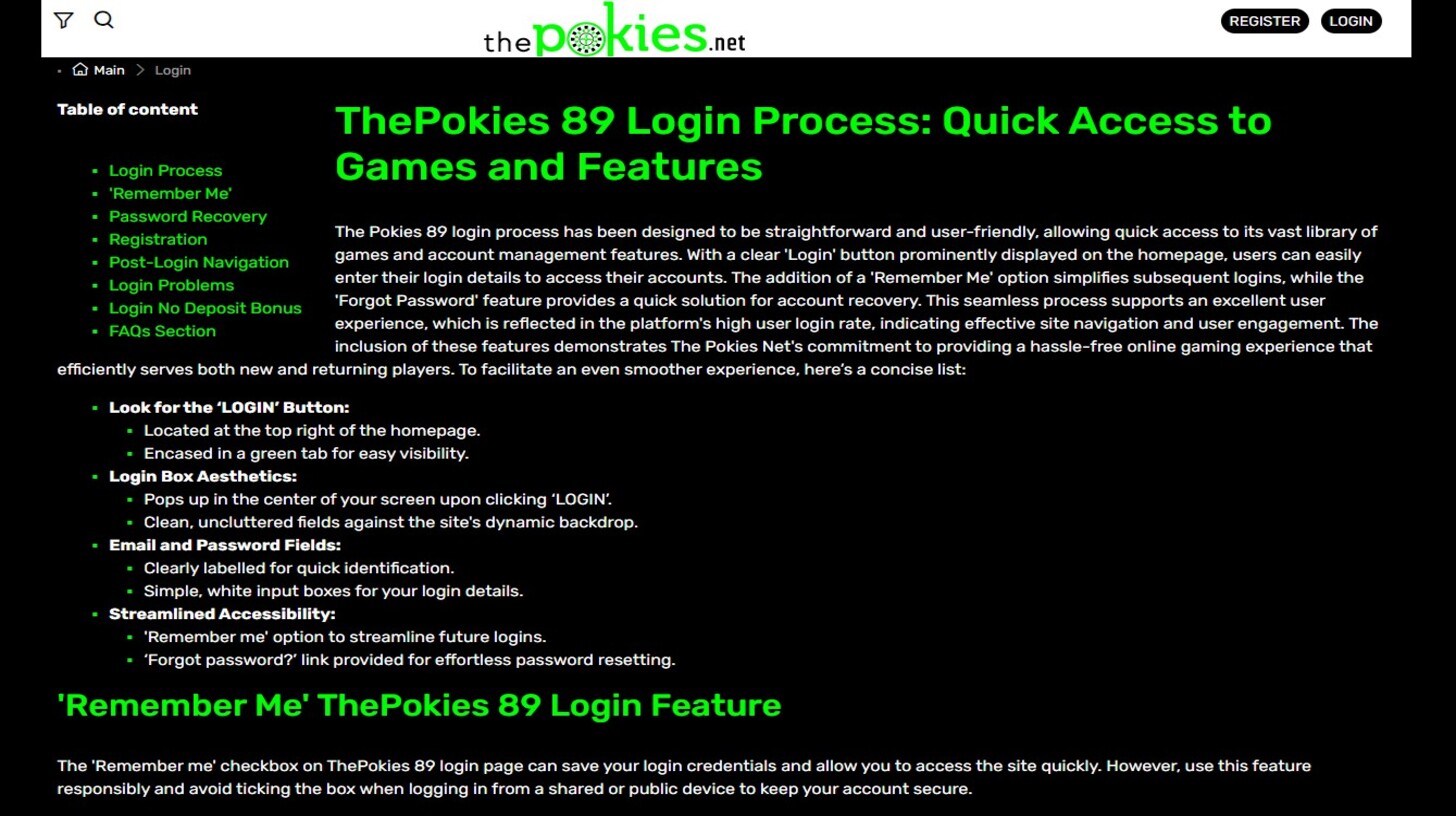iGaming regulations are constantly changing worldwide. As affiliate marketing software providers and gamers, we stay updated on tech innovations, game launches, and industry trends.
The law must be respected to be an easy way to Login ThePokies 89, at the link https://thepokies89australia.net/login.
Understanding online gambling laws, which vary by region, is crucial for casino owners, operators, and affiliates. Some areas have strict regulations, while others are more liberal. This blog post breaks down key regulatory frameworks and their impact on our industry.
iGaming Regulations in Europe
Europe enforces strict iGaming compliance regulations, requiring operators to adhere to both E.U. and individual country laws. Key areas include data protection (GDPR), anti-money laundering, consumer protection, geo-blocking, electronic identification, payment services, commercial communication, accessibility, competition law, and the freedom to provide services. Countries like Italy, Sweden, and the U.K. have additional restrictions. Maintaining compliance is complex and demands ongoing effort, but it’s crucial for building confidence and ensuring long-term business sustainability.
The Complex iGaming Laws of the United States
Navigating U.S. online gambling regulations is complex, with federal laws like the Federal Wire Act of 1961 shaping the landscape. State laws vary significantly, with some fully legalizing online gambling while others ban it outright. Different rules apply to lotteries, daily fantasy sports, poker, sports betting, and casino games, adding to the confusion. To understand what’s permissible, consult state resources. Updated legislation and streamlined regulations are needed as more states move towards legalization, and I’m using an easy way to Login https://thepokies89australia.net/login.

Asia’s Tightening Grip on Gambling: Increased Restrictions Across the Region
Asian countries generally keep a tight lid on gambling due to cultural attitudes and worries about addiction and crime. China has ramped up its regulations on Macau’s gaming industry, South Korea mostly bans gambling with few exceptions, and Japan has cautiously allowed integrated resorts with casinos under strict rules. Even though there are talks about legalizing gambling to boost tourism, public opposition remains strong, presenting big challenges for the iGaming industry in Asia.
The Emergence of Regulated iGaming Markets in Latin America
As iGaming grows worldwide, many countries are legalizing and regulating online gambling. In Latin America, nations like Costa Rica, Colombia, Mexico, and Argentina have set up regulated markets, allowing operators to apply for licenses. These markets offer stable business environments and consumer protections, making them attractive for expansion. Despite higher compliance costs, the growth potential is significant. However, operators need to navigate each country’s unique regulations and cultural preferences to succeed. Latin America’s regulated markets present a promising new frontier for iGaming.
Conclusion
The global landscape of iGaming regulations is pretty diverse, reflecting different cultural attitudes, economic priorities, and political climates. From the strict rules in Europe and Asia to the evolving frameworks in the United States and Latin America, operators must stay vigilant and adaptable.
Compliance is not just a legal need but is key to building trust and sustainable growth in the industry. As the iGaming sector persists in expanding and technology evolves, it’s essential for stakeholders to stay informed and adaptable to successfully navigate global regulations. By doing so, they can seize new opportunities while maintaining ethical standards and consumer protections.



